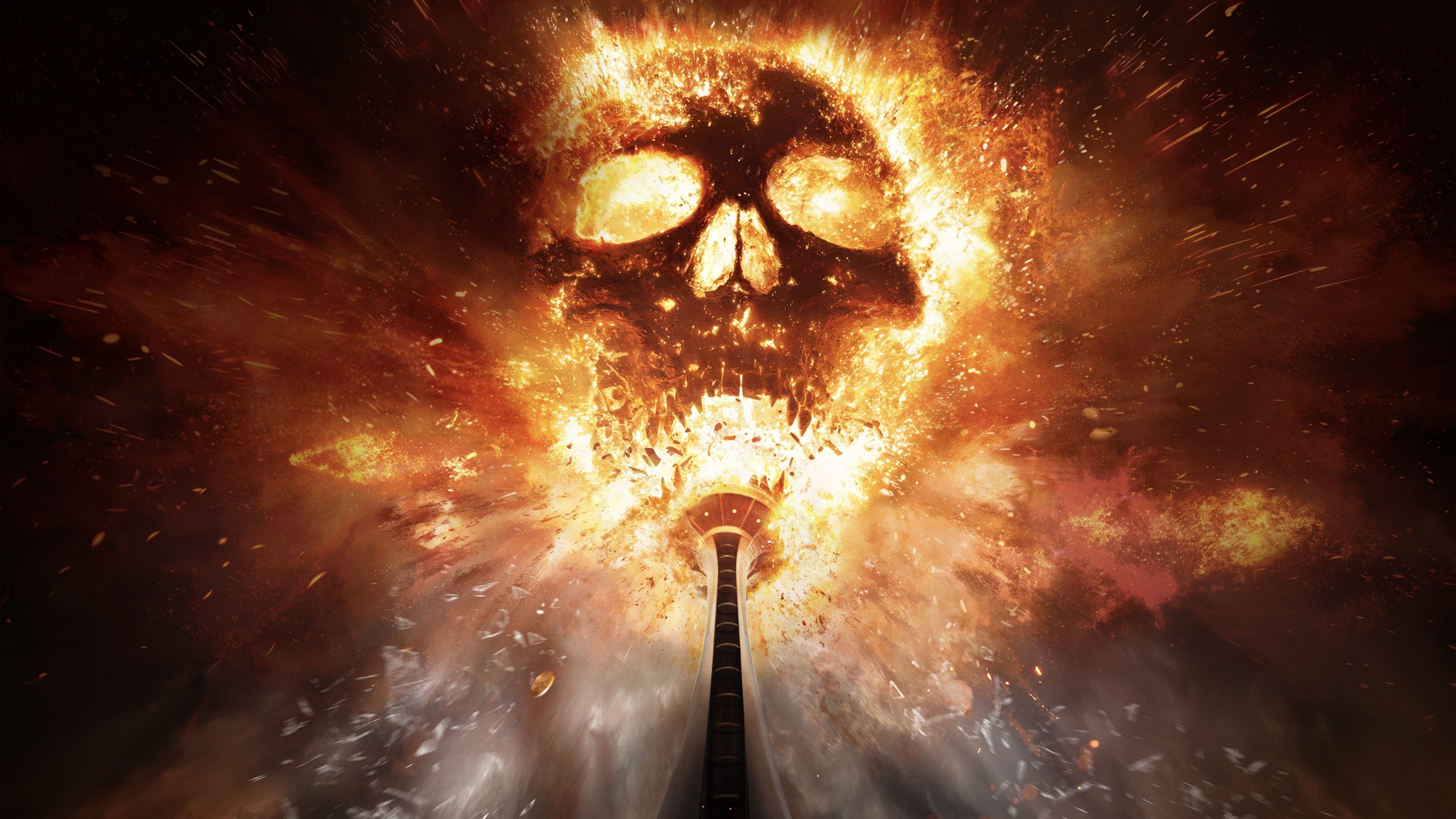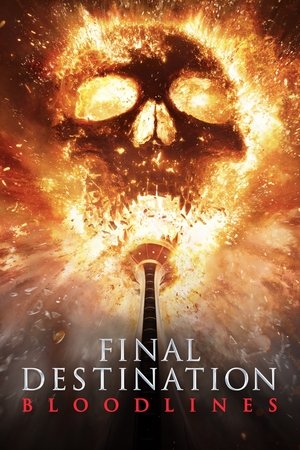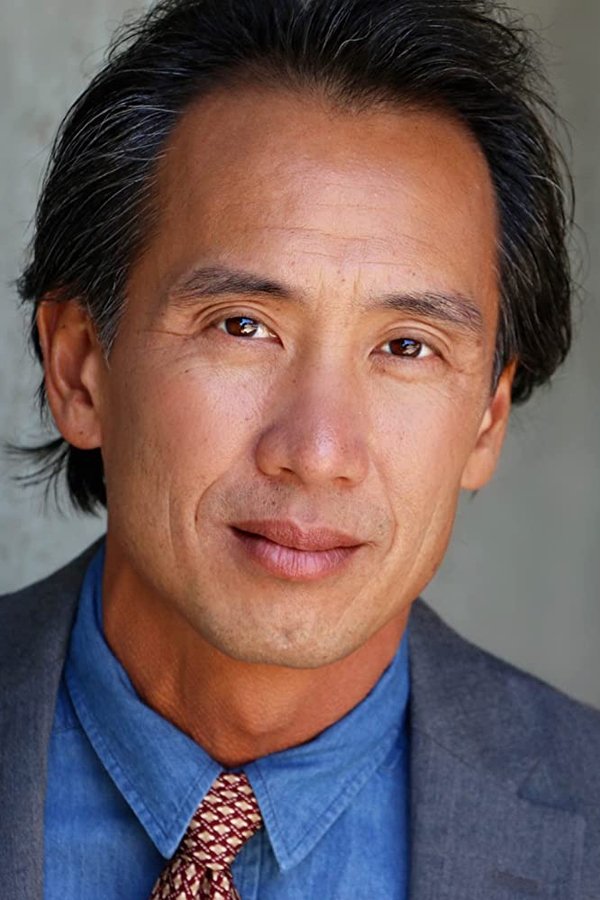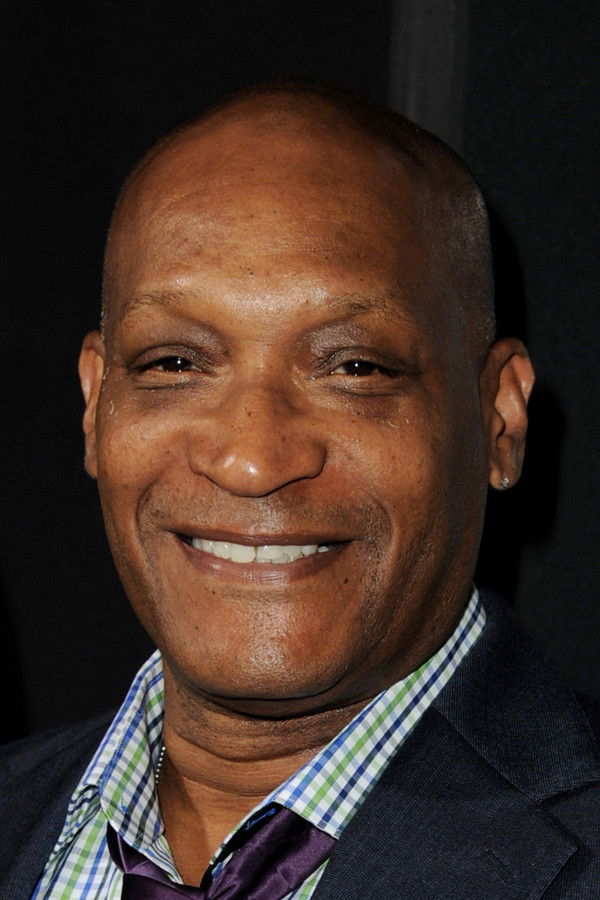After 14 years, the Final Destination franchise returns with Bloodlines, a horror-thriller that balances nostalgia, inventive storytelling, and a terrifying new take on fate. The film follows a chilling premise: what if Death held a grudge — not against one person, but against an entire family tree?
The story begins in 1968 with Aris Campbell, a young woman who prevents a tower collapse that would have killed hundreds. Though her act is heroic, Death views it as an offense. Those spared were meant to die — and decades later, their descendants are targeted. Death comes not just for those who cheated it, but for their bloodline.
Aris’s granddaughter leads the modern-day plot, uncovering the truth about her family’s curse. As the deaths mount, her family begins to believe her, setting this film apart from earlier entries where skepticism always led to tragedy. The narrative becomes a blend of suspense, mythology, and tragedy — anchored in the idea that fate, once delayed, returns with more fury.


















